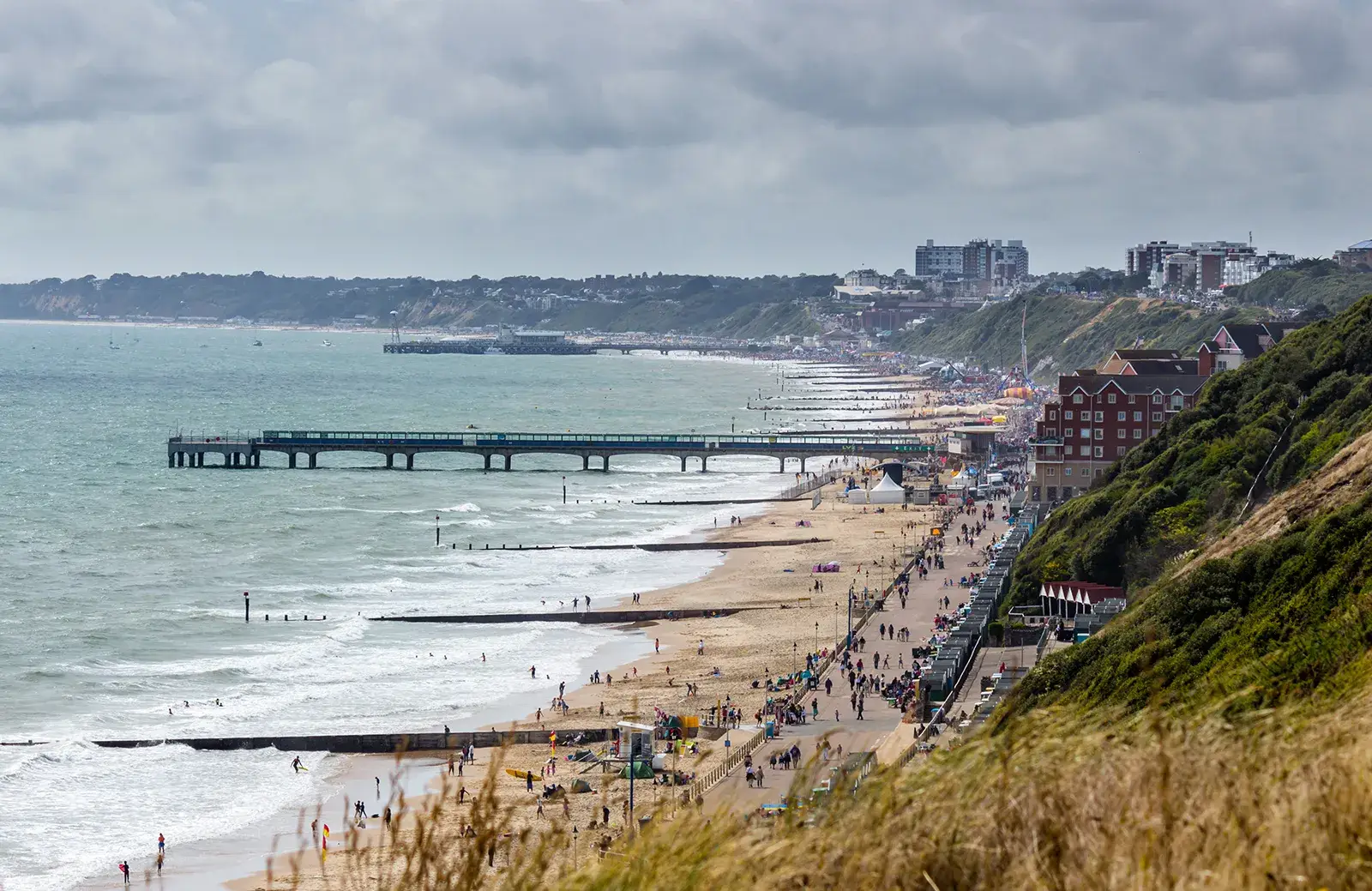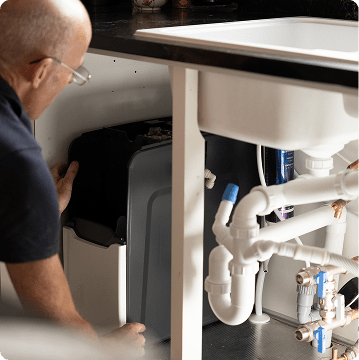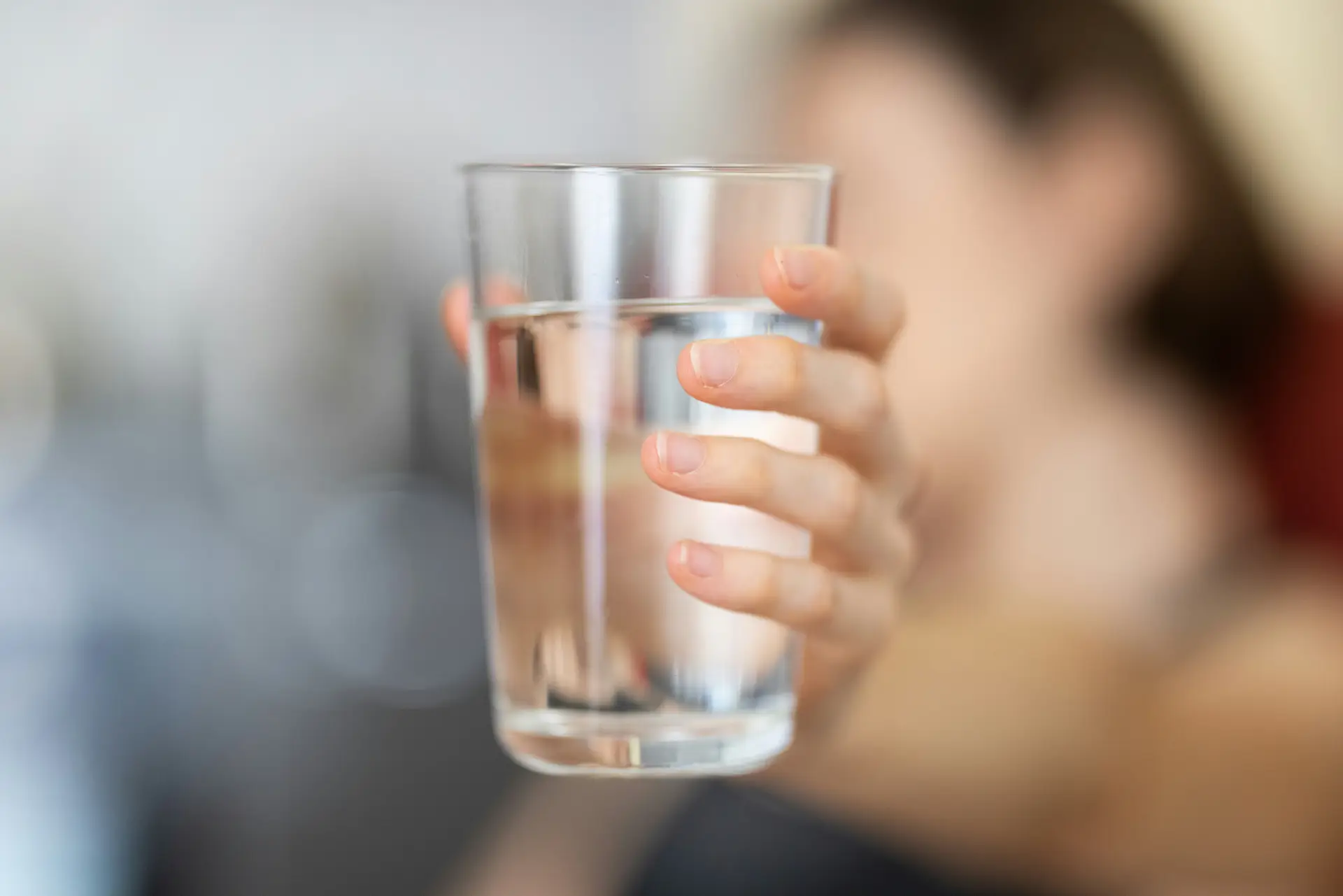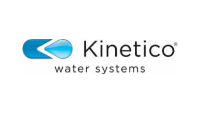Are Water Softeners Worth It?
Deciding whether to purchase a water softener can be a hard decision and what you want to know is ‘are they really worth it?’ If you are asking yourself this question, read on as we discuss the options and key considerations.
The Everyday Effects of Hard Water
Across the UK approximately 60% of homes are impacted by the effects of hard water, which causes limescale. The impacts of limescale can be both frustrating and costly – from evaluating how to clean limescale from toilet, getting rid of limescale on taps through to replacing household appliances such as kettles and reduced heating efficiency.
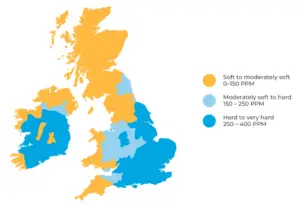
What are my Options for Tackling Limescale?
When it comes to solutions for tackling the everyday effects of hard water the 5 most common methods would be:
- Regular descaling and cleaning – vinegar, citric acid or commercial descalers
- Electronic or magnetic descalers – uses electromagnetic fields
- Water conditioners – uses polyphosphate or similar chemical agents
- Water softeners for showers – contains filters in shower head
- Water softeners – uses process of ion exchange
What are the Pros and Cons of these methods?
Below we have tried to capture the pros and cons of each of these methods plus best application…
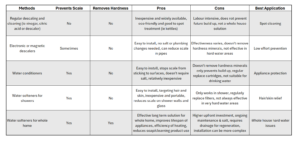
This table should help you identify might be the best solution for you to help with the limescale in your home.
Types of Water Softeners
Water softeners are widely regarded as the most effective long-term solution if you are looking to prevent limescale throughout your whole house and live in a hard water area. However, there are many different water softeners on the market. In order to examine the main tyles of water softener, we have categorised them into two types:
- Single cylinder – electric softeners
- Twin cylinder – non-electric softeners
The three factors worth considering when looking to install a water softener are:
- Performance
- Reliability
- Cost
We have pulled together a table which compares the top models of the two biggest names in electric and non-electric water softeners so you can easily see the differences side by side.
Electric: Offer a good cost-effective solution. It’s a better choice for households with moderate water hardness and moderate to high water usage.
Non-Electric: Offers a good low-maintenance system that works well in very hard water areas. Provides 24hr/day soft water and reliable, long-term performance.
Do the Benefits Justify the Cost?
It is hard for us to be objective on this topic but let us give it our best shot!!
While we are not able to specify the time it will take before your water softener pays for itself, due to the wide array of contributing factors, we would expect you to see savings in 4 key areas:
- Lower energy bills – your boiler and dishwasher run more efficiently without scale
- Lifespan of appliances – kettles, coffee machines, boiling water taps, shower heads, taps,
- Plumbing maintenance – likely to have fewer blockages, in fact a water softener can, over time, reverse and break down a build-up of limescale in pipes present prior to the water softener being fitted
- Cleaning products & personal care – less money will be spent on all of these as you need less product to produce a lather, up to a third less (calculate savings)
Typically, we would estimate households would see cost savings from a non-electric softener investment in 4-8 years. Anecdotally we have had customers who have replaced their electric shower every 2-3 years before having a water softener – so it can be easy to see the benefits and quick returns on your initial investment.
Whether you measure the justification for the outlay of a non-electric softener in monetary terms, in the reduction of time spent cleaning, the benefits to your skin and hair or the maintenance your home it will depend on what is most valuable to you.
Our best advice would be to ask someone with a non -electric softener, whether they felt the impact of installing a water softener justified the cost or you can take a look through the reviews of our many happy customers.
Conclusion: Worth It or Not?
Unfortunately, there is no hard and fast rule to go by.
If the effects of limescale on your property, appliances, plumbing, skin hair or clothes is a constant irritant (no pun intended) then yes, we believe that a softener is worth considering!
If none of the above applies to you then NO – save your money or spend it on something more fun than a water softener!!
We would be happy to help if you live in Dorset, Hampshire or Wiltshire area and carry out a free, no obligation home survey – contact us to directly to arrange your appointment.


